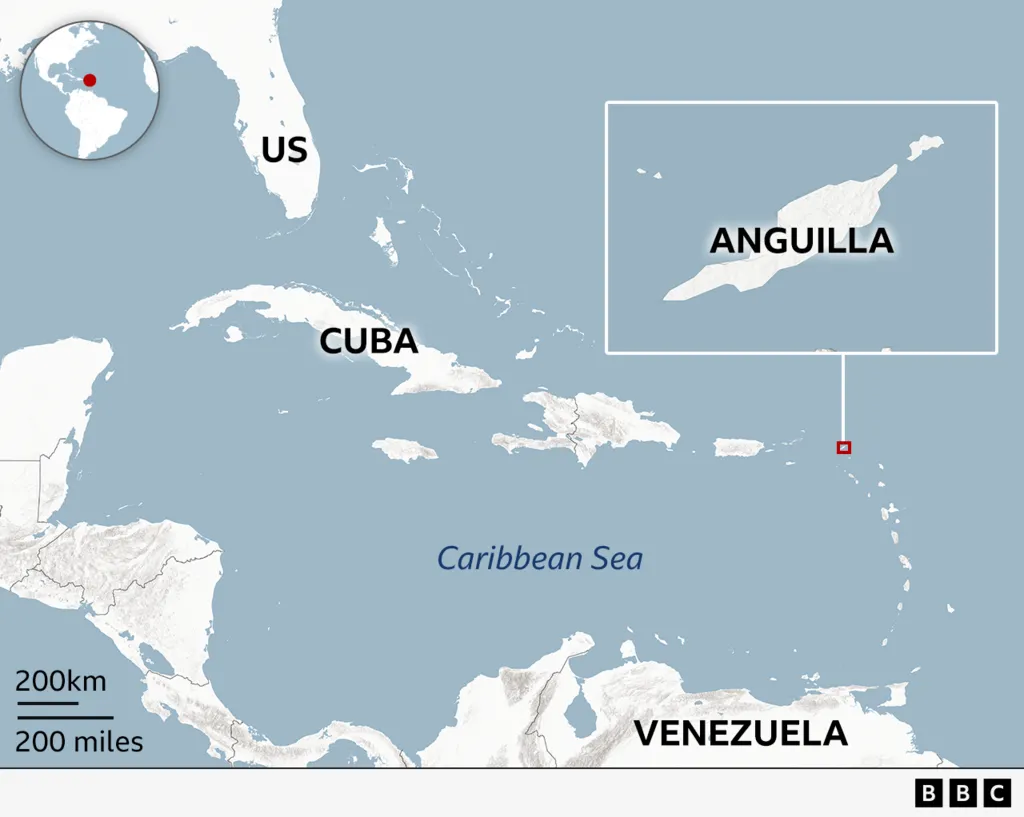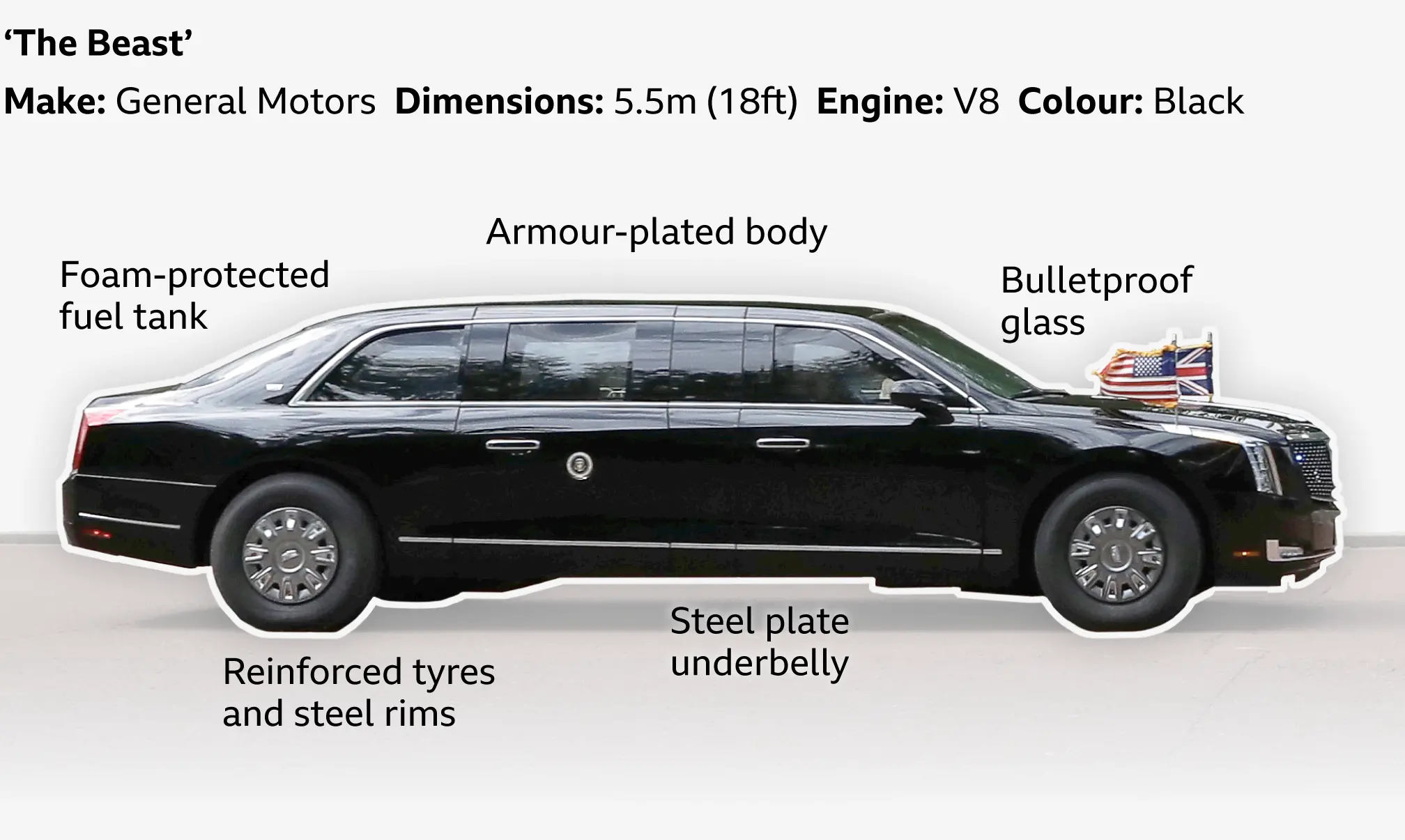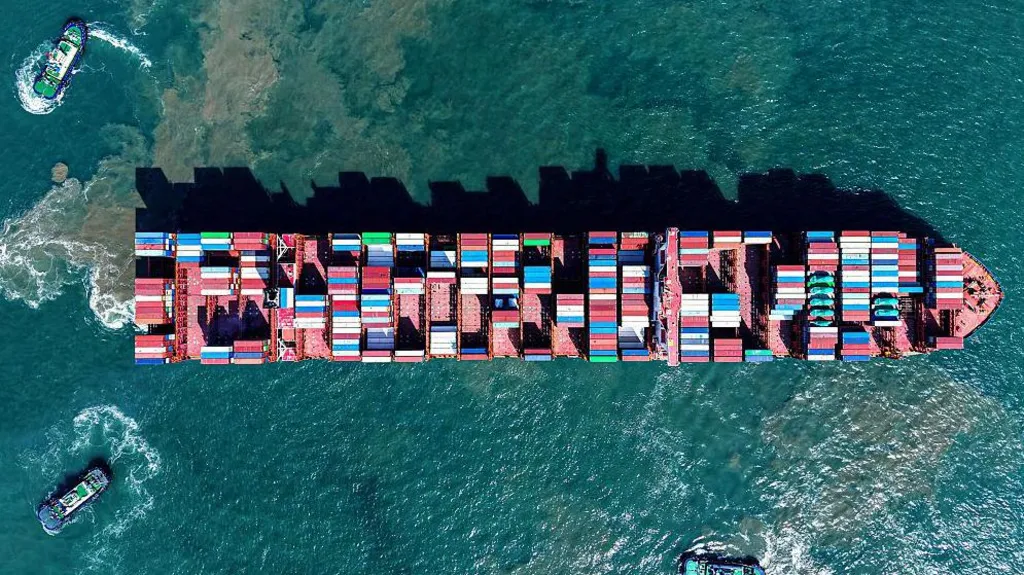
In the late 1980s, as the internet began to take shape, countries and territories around the world were handed two-letter codes to serve as their online identities. The United States received .us, the United Kingdom got .uk — and the tiny Caribbean island of Anguilla was assigned .ai. minotaur fight store | minotaurfightstore
At the time, it seemed like little more than a bureaucratic formality. But decades later, those two letters have become a digital goldmine, thanks to the global boom in artificial intelligence.
Today, .ai domains are among the most sought-after addresses on the internet. Tech entrepreneurs and AI startups are paying handsomely to secure them. Earlier this year, HubSpot co-founder Dharmesh Shah reportedly paid $700,000 for the domain you.ai, one of several .ai names he now owns.
The surge in demand has been explosive. The number of .ai domains has jumped more than tenfold in the past five years and doubled again in the last 12 months, with over 850,000 now registered worldwide.
For Anguilla, a British Overseas Territory of just 16,000 residents, this digital windfall is transforming its economy. In 2024, domain sales brought in 105.5 million Eastern Caribbean dollars ($39 million), accounting for nearly a quarter of government revenue — second only to tourism, which makes up about 37%. Officials project that domain revenues will climb even higher in the coming years, with estimates of $132 million in 2025 and $138 million in 2026.
The timing is critical. Like many Caribbean nations, Anguilla relies heavily on tourism, particularly from luxury travelers in the U.S. But that industry remains vulnerable to the annual hurricane season. Hurricane Irma devastated the island in 2017, with Britain stepping in to provide £60 million in aid over five years. By diversifying into digital revenue, Anguilla hopes to cushion itself from future shocks.
To manage the surge in registrations, the government signed a deal in 2024 with U.S.-based Identity Digital, a company that oversees domain registries. Under the agreement, the firm runs the technical infrastructure — recently moving .ai hosting from Anguilla to its global server network to guard against hurricanes and outages — while the government collects the bulk of the revenue. Industry insiders say the company takes a roughly 10% cut.
Basic .ai domains typically cost $150 to $200 to register, with renewals due every two years. Highly desirable names, however, are auctioned for far more. In July, cloud.ai sold for $600,000, while law.ai changed hands for $350,000. Shah’s you.ai remains the priciest purchase to date.
The boom mirrors the experience of Tuvalu, the tiny Pacific nation that licensed its .tv domain in the late 1990s. But unlike Tuvalu’s early fixed-payment arrangement, Anguilla has opted for a revenue-sharing model, ensuring that its earnings scale with global demand.
Officials say the funds will be reinvested in the island, including a new airport to boost tourism and improvements to healthcare and public services. For now, Anguilla finds itself in the rare position of profiting from both sun-soaked beaches and cyberspace.
As the number of .ai domains races toward the million mark, the island’s challenge will be turning this stroke of digital luck into long-term prosperity.






